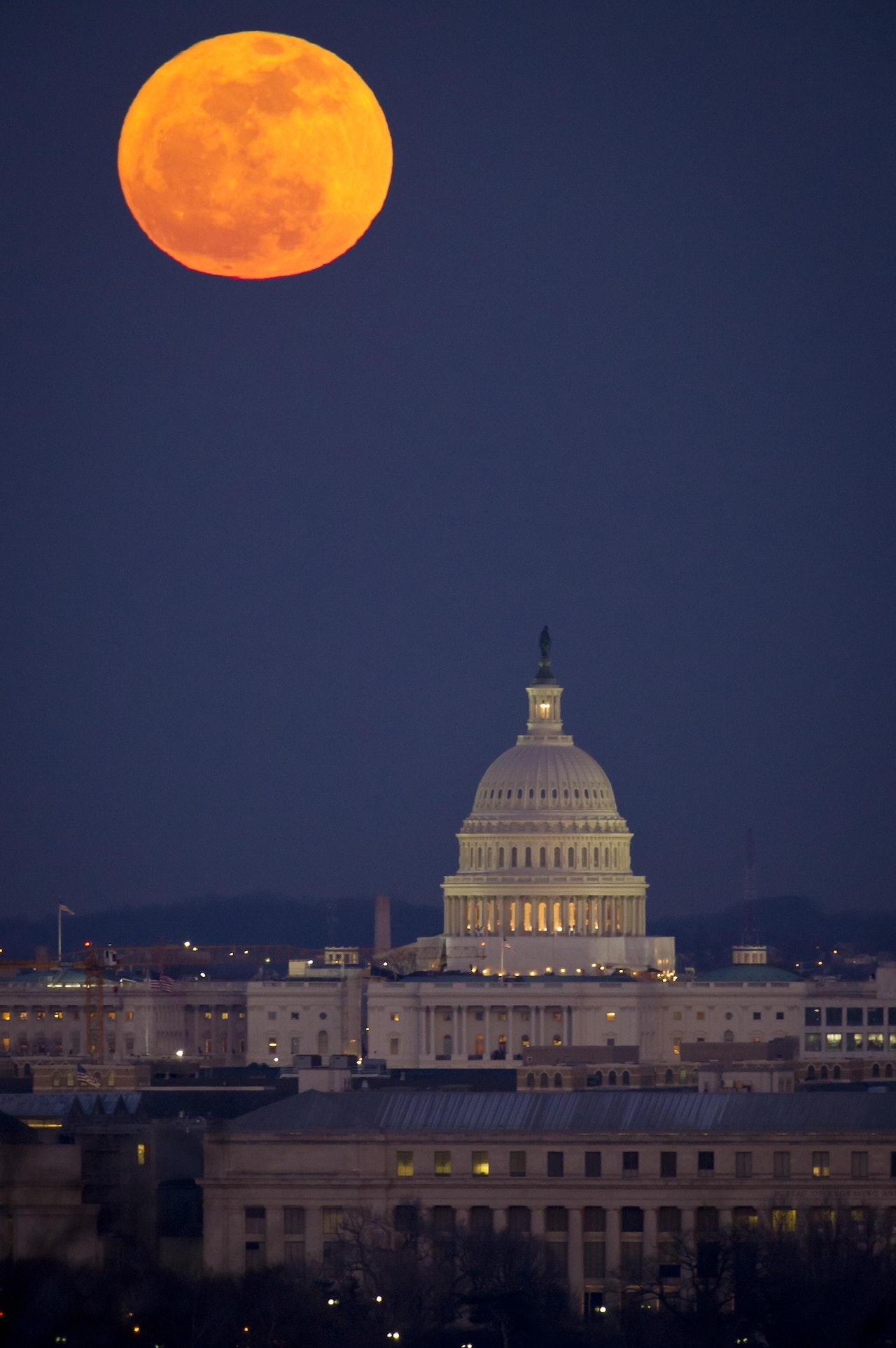In a surprising turn of events following days of mounting uncertainty, Congress took decisive action on Saturday to prevent a government funding gap and postpone Washington’s spending disputes until later this autumn, averting a US government shutdown.
After a last-minute delay concerning funding for Ukraine on Saturday evening, the Senate finalized its vote with only three hours remaining before the midnight deadline. The bipartisan vote, with an overwhelming majority of 88-9, now sends the measure to President Biden’s desk for his imminent signature.
“I have very good news for the country,” announced Senate Majority Leader Chuck Schumer. “The government will remain open.” The possibility of a prolonged government shutdown had raised concerns among business leaders about potential economic repercussions, but the news of the bill’s passage was met with swift celebration.
Joshua Bolten, CEO of Business Roundtable, wasted no time in expressing his gratitude, stating, “We thank Members of Congress for working together to prevent a shutdown and encourage the House and Senate to pass a long-term spending measure as soon as possible.”
The breakthrough occurred on Saturday morning when House Speaker Kevin McCarthy reversed course and introduced a bipartisan bill. The 71-page legislation passed the House convincingly with a vote of 335-91, with 90 Republicans and one Democrat opposing it. “I tried every possible way to negotiate with far-right Republicans,” McCarthy explained during a press conference on Saturday. “In the end, I wanted to be part of a conservative group that gets things done.”
President Biden promptly praised the bill, and it is expected that he will sign it into law as soon as possible, ensuring that any economic costs stemming from a shutdown would be averted before they could take effect on Monday morning.
Maya MacGuineas, president of the Committee for a Responsible Federal Budget, commented, “It’s a relief and good news that we will not have a government shutdown; it shouldn’t have been this complicated.” She added, “The challenge now is to ensure that we don’t do this all over again in six weeks.” Margaret Spellings, president and CEO of the Bipartisan Policy Center, echoed this sentiment, stating, “Yet another budget crisis that would have inflicted pain and uncertainty on American households and the economy has been averted with bipartisan passage of a short-term funding deal.”
The last-minute bill also appears poised to prevent a potential crisis in the aviation industry. It not only averts a shutdown, which could have resulted in longer security lines due to TSA agents working without pay, but also extends the authorization for the Federal Aviation Administration (FAA) through the end of the year, providing lawmakers with more time to address both issues. Reps. Sam Graves (R-Mo.) and Rick Larsen (D-Wash.), leaders of the House Transportation Committee, emphasized the importance of the deal, calling it “vital to ensuring the safe and efficient operation of America’s aviation system” while noting the need for a long-term FAA authorization.
Despite concerns from House Republicans about additional funding for Ukraine, the bill does not allocate any such funds. However, it does provide $16 billion for disaster relief efforts, particularly for areas like Florida, recovering from a recent hurricane, and Maui, grappling with wildfires, where FEMA’s Disaster Relief Fund had been running low. “Senate Republicans remain committed to helping our friends on the front lines,” affirmed House Minority Leader Mitch McConnell. He also expressed confidence that the Senate would provide further assistance to Ukraine later this year.
In a notable shift, McCarthy abandoned efforts to cut government spending for now, and the Saturday measure continues funding at current levels. GOP endeavors to implement border provisions as part of any deal were also set aside.
While economic observers celebrated the removal of one threat to the economy, there are early indications that spending battles may resurface around Thanksgiving when another government shutdown could loom on November 17. During this time, McCarthy may face a challenge to his speakership from some Republicans who voted against his last-minute bipartisan move.
Rep. Andy Biggs (R-Ariz.), one of the dissenting votes, accused McCarthy of capitulating to Democrats and questioned, “Should he remain Speaker of the House?” Another GOP dissenter, Rep. Matt Rosendale (R.-Mont.), added, “If somebody wants to remove [me] because I want to be the adult in the room, go ahead and try.”
With the swift action of Congress averting a looming US government shutdown, economic stability is assured, but the potential for renewed spending battles come November 17 lingers on the horizon. The coming weeks and months will undoubtedly provide more insight into the political landscape as Congress navigates the complex terrain of fiscal responsibility and partisan cooperation.



